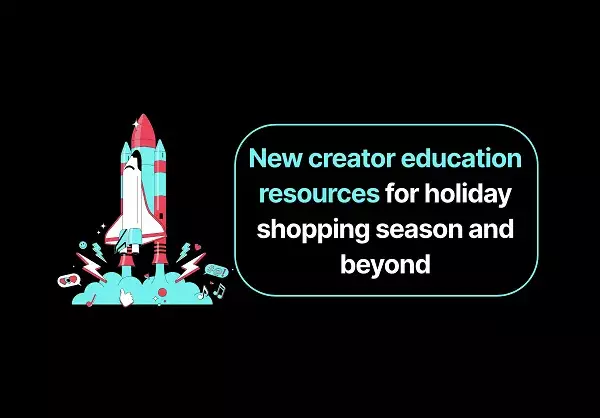TikTok has made significant strides in solidifying its place as a leading platform for in-stream shopping. Recognizing the need to bolster its e-commerce tools, TikTok has introduced a variety of resources designed to assist sellers in enhancing their understanding of platform policies and optimizing their product listings. This article delves into the new features TikTok offers to its sellers and analyzes their potential benefits, as well as the challenges sellers may face in maximizing their e-commerce presence.
One of the standout additions for TikTok sellers is the Account Health Report, a weekly update that covers policy violations and other pivotal issues that could hinder a seller’s account performance. By providing a clear overview of a seller’s compliance with TikTok’s guidelines, the report aims to facilitate a proactive approach to account management. This resource is particularly crucial for sellers who rely on the platform to boost their visibility and sales. The summary of policy violations not only informs sellers of their current standing but also alerts them about potential violations that, if left unaddressed, could lead to enforcement actions against their accounts.
The intention behind these reports seems to be widespread education and transparency. By centralizing critical data regarding violations, TikTok encourages its sellers to stay informed, allowing them to make the necessary adjustments to keep their accounts in good standing. Such self-awareness can be transformative for sellers, ensuring that their products reach as many potential customers as possible within the platform’s ecosystem.
Complementing the Account Health Report is TikTok’s introduction of the Creator Policy Quiz, which provides users with the chance to enhance their understanding of TikTok’s community standards. This multiple-choice quiz is an innovative way to engage sellers and creators in a dialogue about appropriate content creation. By addressing specific violations and allowing sellers to earn points towards mitigating their violation history, TikTok helps its community develop a better grasp of its content policies.
Sellers can take each quiz up to three times per month, with each successful completion leading to the removal of one violation point. This approach not only augments sellers’ knowledge but incentivizes them to continuously engage with TikTok’s policies. However, the real challenge lies in ensuring creators are genuinely motivated to participate in this educational aspect, as mere compliance without a real effort for improvement might not yield the desired results.
Another intriguing initiative from TikTok is the organization of in-person workshops in selected cities, aimed at enhancing sellers’ skills in content monetization. These events, described as essential for creators looking to refine their selling techniques, present a unique opportunity for networking and learning. TikTok reports noteworthy attendance at these workshops, suggesting a keenness among creators to absorb knowledge that can catalyze their commercial success on the platform. However, the lack of a centralized schedule for upcoming events might limit participation and engagement from interested creators, highlighting an area where TikTok could improve its communication.
While these initiatives show promise, TikTok’s challenge remains the overall uptake and efficacy of their in-stream shopping model. Despite a significant increase in sales reported during high-profile shopping events, concerns linger about the broader application of these new resources. The platform’s future in the U.S. is uncertain due to regulatory challenges, which could impede expansion efforts and affect brands considering entering the marketplace.
Though TikTok’s enhancements present valuable resources for creators and sellers, they do not address all obstacles within the rapidly evolving landscape of e-commerce. The competitive nature of social media selling and concerns about user trust and safety on the platform are pressing issues that could curtail TikTok’s growth as a shopping platform. With increasing user scrutiny and the possibility of being banned in key markets, the sustainability of TikTok’s e-commerce endeavors remains uncertain.
TikTok’s recent developments signify a commendable effort toward incorporating e-commerce into its fabric. For sellers, the Account Health Report and the Creator Policy Quiz provide essential tools to navigate the complexities of platform policies, while in-person events enrich the community’s selling expertise. However, the success of TikTok as a shopping destination hinges on its ability to sustain and grow this initiative, all while navigating external challenges and optimizing seller engagement.

